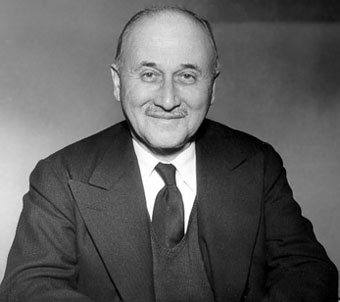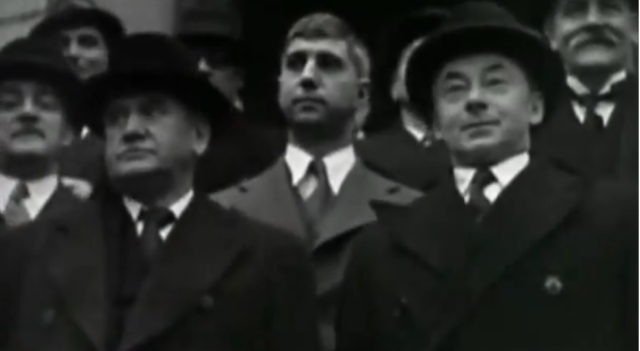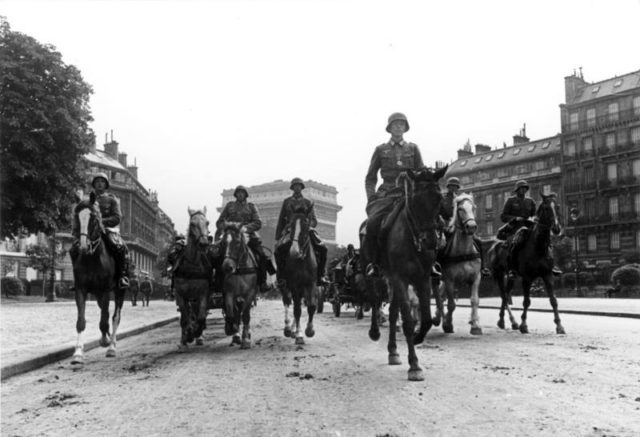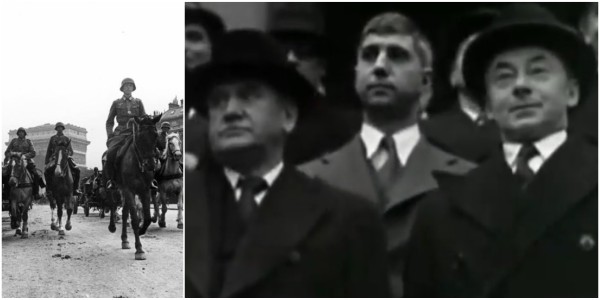As is well known, the Battle of France saw the Allies defeated. Most of the French territory was placed under occupation, while the rest was left to Marshall Pétain’s puppet government. But there was a possibility of evading this tragic unraveling of the situation – by merging Britain and France into a union.
For centuries, Europe has known Britain and France as ruthless adversaries. The intermittent enmities had finally been settled in 1904 with the signing of Entente cordiale. This set of agreements paved the way for closer ties between the European colonial powers.
Fast-forward to 1939. Saber-rattling echoed across the continent long before the Third Reich marched into Poland on 1st of September. Both France and the UK had deals signed with Poland, binding them to step in in case of foreign invasion. But it seems as if the events caught them unprepared. Both countries did next to nothing except for declaring war and firing a few bullets. A month later, the Nazis and the Soviet Union divided Poland.
Rushing to compensate for the time wasted, Britons and French established the Supreme War Council. The body was to supervise the joint military strategy of their countries during WWII. From September on, its representatives met several times, before the German blitzkrieg swept over France. But let’s not get too much ahead of the events. One of its most important decisions, however, was that neither country would seek a separate armistice with Germany.
In December 1939, Jean Monnet became the head of SWC’s associated body, the Anglo-French Coordinating Committee. Monnet was considered to be among the most connected persons of his time. This Frenchman’s mission in the UK was to oversee the collectivization of the British and French war industries.

But he had a greater idea on his mind. Once the war ends, his goal was to set up United States of Europe, and he saw the rapprochement of Britain and France as a step towards a dream come true. As months passed, French defeat seemed increasingly imminent. On 15t of June, French government voted to seek peace with the Nazis. Prime Minister, Paul Reynaud, disapproved but was obliged to consent and pass the proposal to Winston Churchill.
Now, Reynaud’s position was under severe threat. On one hand, he lacked a majority support within his cabinet to continue the war efforts from North Africa, and the British refusal to accept armistice would gain him some leverage in his own ranks. On the other, were the British to reject the proposal, he claimed that he would have to resign.
At the same time, the British government was afraid that the French armistice would mean that their powerful navy would pass over to the Nazis. On 14th of June, Monnet, and other diplomats drafted a “Franco-British Union” counter-proposal, with the intention to strengthen the will of the French government to continue the fight.

Alas, Churchill was unconvinced, and two days later the British War Cabinet decided to accept the French surrender, under one condition – their warships had to cross over to the UK. Reynaud was devastated.
Luckily for him, the very same day one of his high-ranking supporters arrived in London – General Charles de Gaulle. The future president of France managed to persuade Churchill that “some dramatic move was essential to give Reynaud the support which he needed to keep his Government in the war”.
And so, at the last moment, a Union proposal was passed to the French. It declared: “France and Great Britain shall no longer be two nations, but one Franco-British Union. The constitution of the Union will provide for joint organs of defense, foreign, financial and economic policies. Every citizen of France will enjoy immediately citizenship of Great Britain, and every British subject will become a citizen of France.”
At 5 PM, the French government got together to discuss the British proposal. Reynaud was on the brink of success. Or at least he thought so. With Nazis marching through Paris, some officials seemed to be more worried that the Franco-British Union proposal was a “last minute plan” to steal the French colonies! The likes of Philippe Pétain preferred to “be a Nazi province” than what they saw as becoming a British dominion. The proposal was voted down.

That evening, disappointed Reynaud resigned as Prime Minister and the new authorities soon arrested him. His dream of defending France was in shatters. Reynaud was succeeded by none other than Marshal Pétain, who later became the head of the collaborationist Vichy regime.
Even though the Franco-British Union was never realized, Jean Monnet did fulfill his dream. In 1952, he became the first president of the executive branch of the European Coal and Steel Community – precursor to the European Union.
